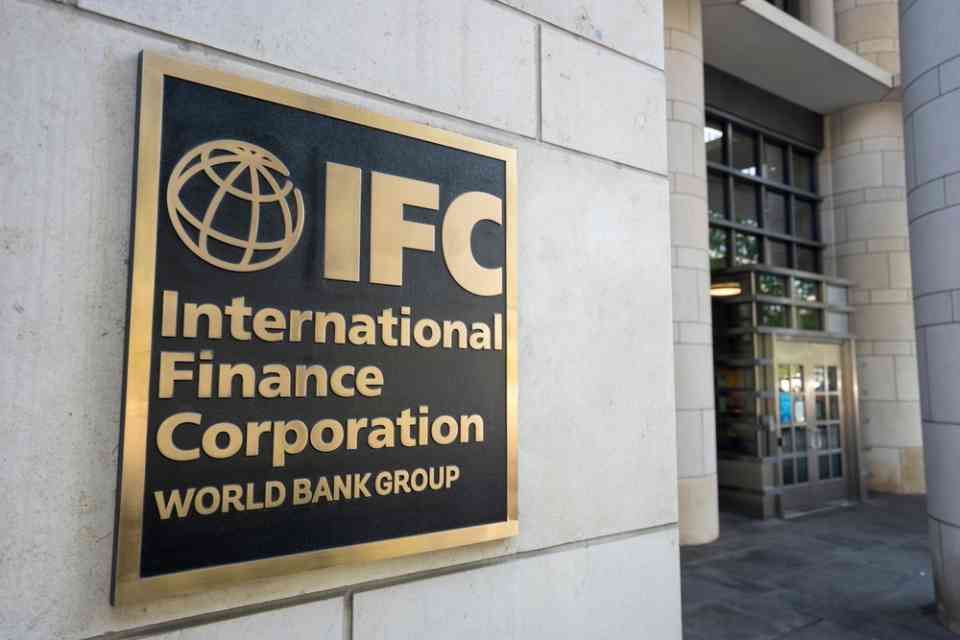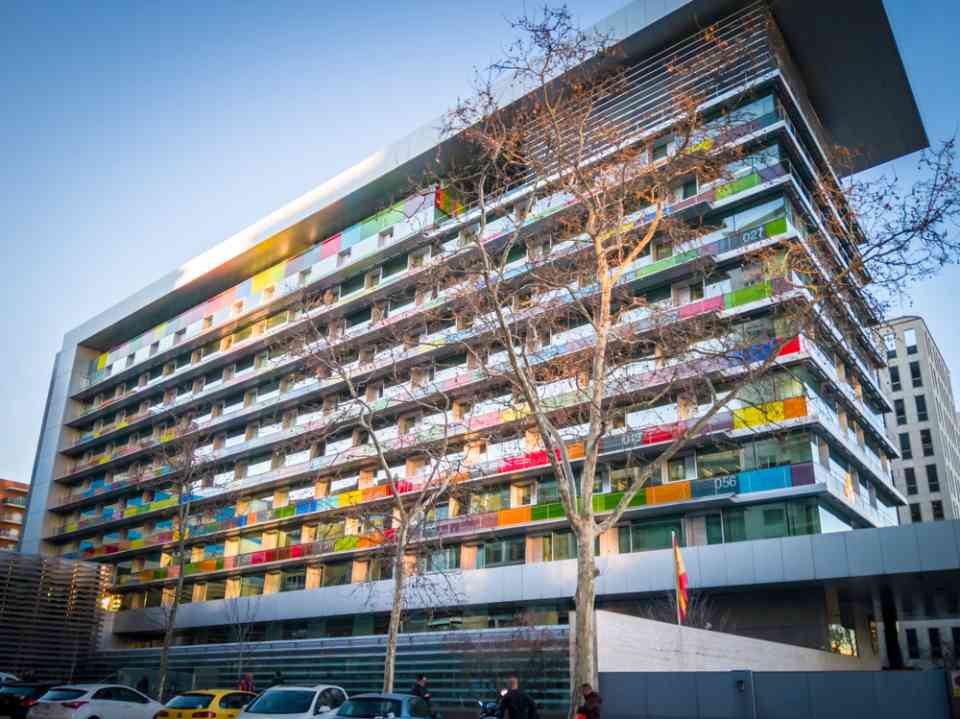Michael Cannon-Brookes, CEO and Co-Founder of Atlassian Corp (NASDAQ: TEAM), recently sold a portion of his holdings in the company, as reported in a Securities and Exchange Commission (SEC) Form 4 filing. The sale involved Class A Common Stock valued at approximately $1.74 million, executed on November 5 across multiple trades at prices ranging from $215.74 to $221.91 per share. Following these transactions, Cannon-Brookes retains indirect ownership of 302,024 shares through a trust.
The sale was conducted under a Rule 10b5-1 trading plan, a mechanism that enables company insiders to schedule prearranged stock trades. Cannon-Brookes continues to be a pivotal leader at Atlassian, recognized for its popular productivity and collaboration software.
In related news, Atlassian Corporation Plc began Fiscal Year 2025 on a strong note, reporting a 31% increase in cloud revenue, exceeding the forecasted 27%. This growth has been largely driven by successful AI integration across its cloud offerings and effective sales execution. The company also launched “Rovo,” an AI-powered product, alongside other new features targeting enterprise enhancements.
Recently, Atlassian appointed Brian Duffy as Chief Revenue Officer, a strategic decision that aligns with the company’s focus on expanding its enterprise business. Despite facing macroeconomic uncertainties, Atlassian remains confident in its future, noting a substantial enterprise client base, with over 524 customers generating more than $1 million annually.
However, the company issued cautious Q2 and FY25 guidance, pointing to potential risks related to the macroeconomic environment and the complexities involved in cloud migrations for enterprise clients. During its earnings call, CEO Cannon-Brookes and CFO Joe Binz reiterated Atlassian’s commitment to innovation, customer satisfaction, and strategic enterprise expansion.
Atlassian’s revenue has shown steady growth, with a 23.31% increase over the past twelve months as of Q1 2023, reaching $4.57 billion. The company also reported a robust gross profit margin of 81.55%, highlighting its strong operational efficiency and competitive edge in the software industry.
Have you read?
Richest Countries In Europe In 2024.
Most Attractive Countries To Private Equity, Venture Capital, and Hedge Fund Investors.
Revealed: Highest-paid news media executive in the United Kingdom.
Countries Leading the Way on Climate Change.
World’s Best Countries For Adventure Tourism.
Add CEOWORLD magazine to your Google News feed.
Follow CEOWORLD magazine headlines on: Google News, LinkedIn, Twitter, and Facebook.
Copyright 2024 The CEOWORLD magazine. All rights reserved. This material (and any extract from it) must not be copied, redistributed or placed on any website, without CEOWORLD magazine’ prior written consent. For media queries, please contact: info@ceoworld.biz
CEOWORLD magazine – Latest – Banking and Finance –











